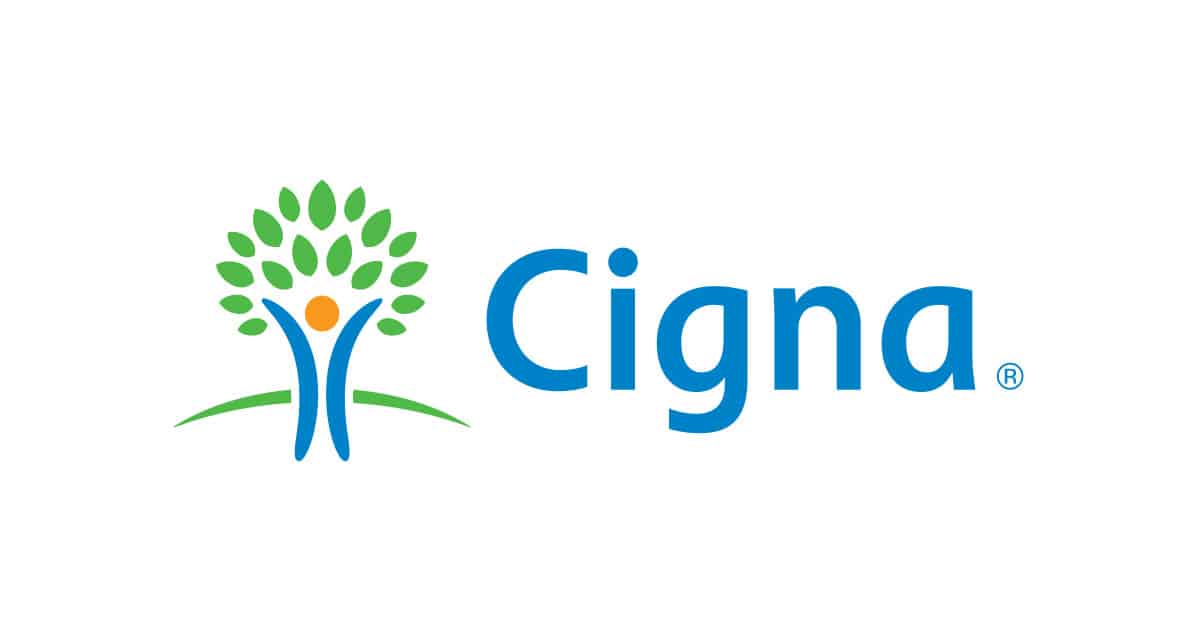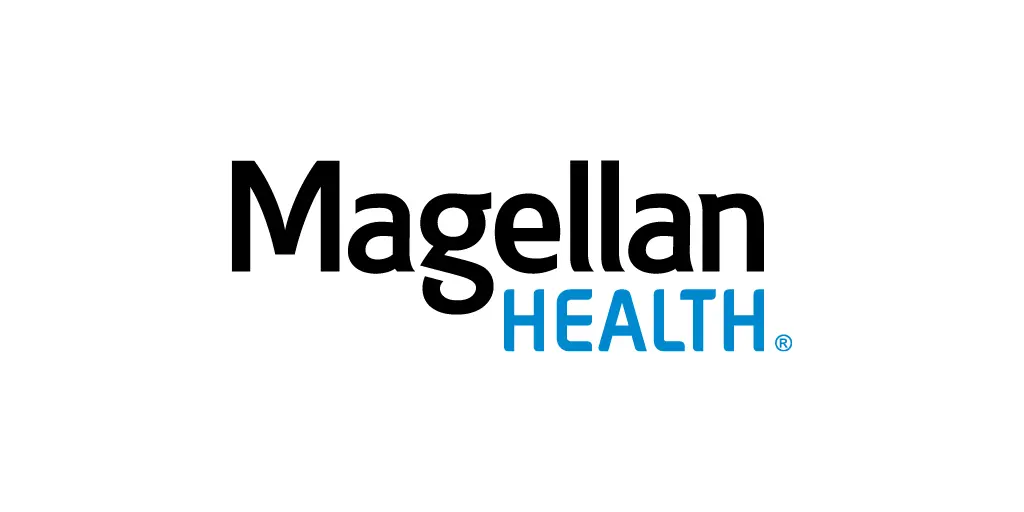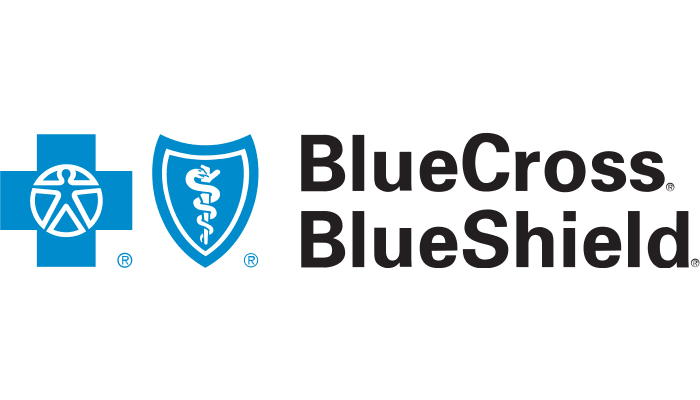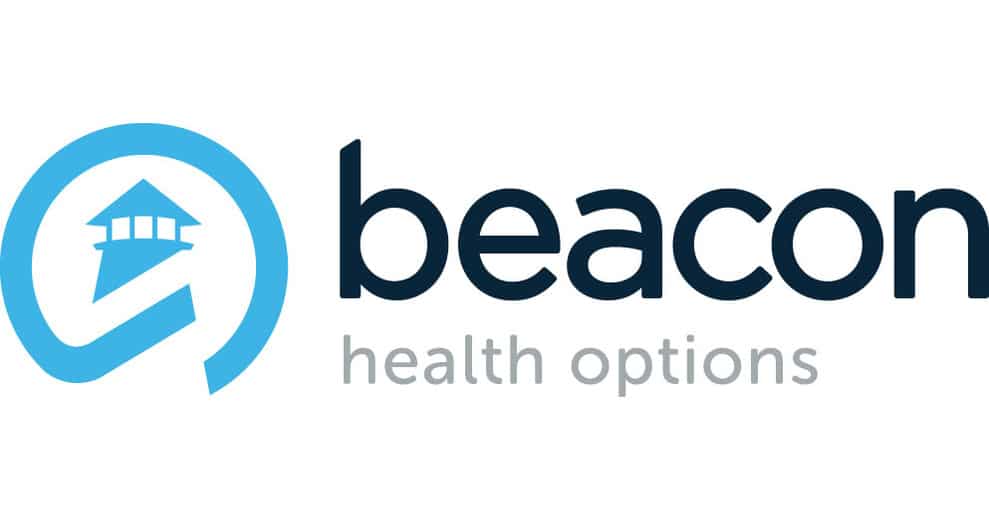Table of Contents
Dialectical Behavior Therapy (DBT) is a type of therapy provided at West Georgia Wellness Center that combines elements of cognitive-behavioral therapy with mindfulness techniques. DBT Therapy was originally developed to treat borderline personality disorder, but it has been found to be effective for a range of mental health conditions, including depression, anxiety, and substance use disorders.
What is Dialectical Behavior Therapy?
Introduced in the 1980s, Dialectical behavior therapy (DBT) was originally formulated to address borderline personality disorder (BPD). Over time, its efficacy has expanded to treat other emotional or behavioral issues, including depression. Rooted in cognitive-behavioral therapy (CBT) principles, DBT Therapy emphasizes the role of structured talk therapy sessions led by mental health professionals. Both CBT and DBT aim to equip individuals with the tools to confront emotional challenges, transform behaviors, and cultivate enhanced coping mechanisms.
DBT, in particular, fosters a deep awareness of harmful or inaccurate thought patterns. By bolstering this cognizance, it empowers individuals to handle challenging situations with more resilience, ultimately decreasing stress. One of DBT’s pivotal goals is to help individuals achieve self-acceptance while navigating negative emotions, enhancing their capacity to withstand life’s inherent hurdles.
Central to both CBT and DBT is the idea that modifying our thoughts and behaviors can alleviate our suffering. DBT uniquely emphasizes the significance of powerful, often intense emotions that accompany many mental health issues. It champions the recognition and acceptance of these feelings as integral to our experiences. While it might seem paradoxical, acknowledging our emotions doesn’t negate our ability to seek change. Through DBT Therapy, we learn that our experiences are valid chapters in our narrative, and we simultaneously embark on paths to transform our lives positively.
What is DBT Therapy used for?
Dialectical behavior therapy is notably beneficial for individuals struggling to control and balance their emotions. DBT has demonstrated its efficacy in addressing a broad spectrum of mental health challenges, such as:
- Borderline personality disorder (BPD).
- Self-harm tendencies.
- Suicidal inclinations.
- Post-traumatic stress disorder (PTSD).
- Substance abuse.
- Eating disorders, including binge eating and bulimia.
- Depression.
- Anxiety.
A key understanding is that these conditions often stem from efforts to handle intense, adverse emotions in problematic ways. DBT provides tools to foster healthier coping strategies.

4 DBT Therapy Techniques?
DBT Therapy revolves around four primary components, often referred to as the four modules or foundational skills. These modules encompass both acceptance and behavioral change facets:
- Mindfulness: The initial step in DBT typically involves mindfulness, which promotes acceptance. It emphasizes observing your feelings, thoughts, and behaviors without any judgment.
- Distress Tolerance: Immediate behavioral change isn’t always feasible, particularly during crisis moments. Distress tolerance, the subsequent acceptance skill in DBT, guides individuals in navigating emotional turmoil and challenging scenarios. It’s about acknowledging situations as they are, rather than fixating on how they ‘ought’ to be.
- Emotional Regulation: This module focuses on managing intense emotions by equipping individuals with strategies for modulation. Initially, it’s about recognizing and labeling emotions accurately (like discerning between anger, sorrow, or anxiety). Gradually, with the therapist’s guidance, one learns methods to:
- Minimize vulnerability to heightened emotions
- Foster more uplifting emotions
- Navigate better when overwhelmed by strong feelings.
- Interpersonal Effectiveness: DBT also emphasizes enhancing interpersonal interactions. This module assists individuals in being more assertive, articulating their needs transparently, and establishing boundaries crucial for mental well-being.
The Benefits of DBT Therapy
DBT has been proven to help people with their mental health conditions in several studies.
- Enhancing Relationship Dynamics through DBT Support networks play a pivotal role in navigating mental health struggles. While some therapeutic modalities may overlook this, DBT Therapy emphasizes the significance of social bonds in the healing process. By fostering healthy, trust-filled relationships with well-defined boundaries, DBT aids in substantially improving mental and emotional wellness.
- DBT Skills: Transcending Beyond Mental Health Concerns While DBT primarily addresses the challenges faced by those with mental health conditions, its benefits extend much further. The techniques imparted by a DBT therapist find relevance in numerous life scenarios. Consider mindfulness as an example: its positive impact on holistic health and wellbeing is well-documented. With DBT’s training, individuals can harness these skills across various life spheres—be it professional, personal, or recreational.
- DBT Therapy: Elevating Life’s Quality At the heart of DBT is a commitment to enhancing one’s quality of life. Reality often reminds us that we can’t alter every circumstance; for some, battling mental health issues might be a lifelong journey. Recognizing and accepting this is pivotal for progression. DBT therapy not only facilitates the nurturing of coping mechanisms but also reaffirms the legitimacy of one’s struggles. For individuals grappling with overwhelming emotions that jeopardize their daily life quality, DBT’s distress tolerance and emotional regulation modules offer invaluable tools.

Effectiveness of DBT Therapy
This therapeutic method aids individuals in enhancing their coping strategies, empowering them to manage and convey intense emotions effectively. Studies show DBT’s efficacy transcends age, gender, gender identity, sexual orientation, and racial or ethnic backgrounds.
- Regarding BPD: Research indicates a high success rate of DBT in treating borderline personality disorder (BPD), particularly in reducing suicidal tendencies among BPD patients. Impressively, after a year of DBT treatment, over 75% of BPD patients no longer fit the diagnostic criteria for the disorder.
- Regarding suicidal tendencies: Investigations reveal that interventions which incorporate skills training as a pivotal treatment element tend to be more adept at curbing suicidal thoughts compared to DBT without such training.
- Addressing other disorders: While much of the DBT research has been centered around its impact on BPD patients with suicidal and self-harming tendencies, this therapeutic approach shows promise for treating other mental health issues too. For instance, its effectiveness extends to conditions like PTSD, depression, and anxiety.
Pros and Cons of DBT Therapy
The Pros of DBT Therapy
Dialectical Behavior Therapy stands out for its holistic approach, which zeroes in on the psychosocial challenges faced by clients. It’s hailed for transforming lives by teaching individuals how to manage intense emotions effectively. Here’s why DBT Therapy can be a game-changer:
- It dramatically cuts down the need for hospitalization and lessens self-harm and the symptoms of borderline personality disorder.
- Participants often experience a boost in self-esteem and self-respect.
- It enhances emotional regulation skills.
- It helps individuals confront and reduce avoidance of challenging experiences.
- DBT aids in managing and reducing aggressive responses.
- It incorporates mindfulness practices from Zen Buddhism, offering a path to those seeking spiritual growth.
- The unique phone coaching aspect provides 24/7 access to a therapist, offering real-time support during crises or challenging moments.
- Group therapy sessions create a supportive space to practice new skills with peers facing similar struggles.
- Recognized as an evidence-based treatment, DBT Therapy not only addresses mental health issues but also broadly improves life satisfaction.
The Cons of DBT Therapy
Despite its successes, DBT Therapy might not be the perfect fit for everyone. Here are some considerations to keep in mind:
- Its mindfulness practices have roots in Zen Buddhism, which might not align with the beliefs of all individuals, such as those from conservative religious backgrounds.
- DBT does not specifically address trauma, which could be a limitation for those with trauma-related concerns.
- Homework is a core component of DBT’s group sessions, which some might find to be an added pressure.
- The array of skills taught in DBT can seem daunting, potentially deterring those who may benefit from it.
- The commitment required for DBT, including regular therapy sessions and homework, may not be manageable for everyone in terms of time and effort.
DBT Residential Treatment Center
DBT residential treatment centers provide a sanctuary for healing and skill-building. At a DBT residential treatment center like West Georgia Wellness Center, you’ll find a supportive environment tailor-made for individuals battling severe emotional distress and behavioral issues. Our comprehensive program emphasizes Dialectical Behavior Therapy (DBT Therapy) as a core treatment, honing in on skills like mindfulness, distress tolerance, and emotional regulation through both individual and group therapy sessions.
For those searching for ‘DBT residential treatment centers near me’ in Atlanta, West Georgia Wellness Center offers not just proximity but also a profound depth of care. The center’s approach is holistic, intertwining DBT with other therapeutic modalities to craft a personalized and effective treatment experience. Residents at the West Georgia Wellness Center can expect to engage in a structured therapeutic process in a setting that is both nurturing and conducive to profound personal transformation, with the ultimate aim of guiding each individual toward a more stable, fulfilling life.

Who can benefit from DBT?
DBT offers valuable tools for a broad spectrum of individuals, initially conceived for those grappling with Borderline Personality Disorder. Its scope has broadened, benefiting those with various mental health challenges such as addiction, mood disorders including depression and bipolar disorder, and eating disorders, among others. It’s particularly helpful for anyone navigating emotional turbulence, self-harm tendencies, or relational issues.
How does DBT help in treating addiction?
DBT equips individuals to identify and manage the triggers leading to addictive behaviors, fostering healthier coping strategies and stress management techniques. This therapy emphasizes emotional regulation, distress tolerance, and the cultivation of more robust interpersonal skills—key components for a sustainable recovery.
How long does DBT take?
The commitment to DBT varies, tailored to each person’s specific needs and the complexity of their condition. Generally, a complete DBT course spans six months to a year, though treatment length can adjust to cater to the individual’s progress and therapeutic goals.
Is DBT a standalone treatment?
DBT stands as a potent therapeutic method yet often integrates into a broader treatment framework. This may include a combination of other therapeutic modalities like CBT, Red Light Therapy, EMDR, or MAT, alongside medication management and additional support mechanisms. At West Georgia Wellness Center, DBT forms a cornerstone of our holistic approach to addressing addiction.
What happens after DBT treatment?
Post-treatment, West Georgia Wellness Center ensures the skills and strategies cultivated during DBT are actively practiced and integrated into daily living. Our comprehensive aftercare program includes ongoing clinical support, participation in support groups, and access to resources aimed at relapse prevention and the promotion of continuous personal development and healing.
Discover the Power of DBT Therapy in Atlanta
At West Georgia Wellness Center, we are dedicated to basing our treatment modalities on evidence-based practices, with a firm belief in the transformative power of wellness for all. Through DBT, we offer our clients a pathway to profound transformation.
DBT Therapy is recognized for its systematic and practical approach to tackling various mental health challenges. Our skilled team at West Georgia Wellness Center is adept in providing DBT Therapy in Atlanta, GA, serving a wide spectrum of individuals across different ages and life stories. We take great care in customizing our treatments to align with the unique journey and goals of each client, ensuring a personalized path to recovery and wellness.
Should you or someone close to you face mental health or addictions obstacles and are looking for “DBT Therapy Near Me”, contact us today to embark on your healing journey with our support.














